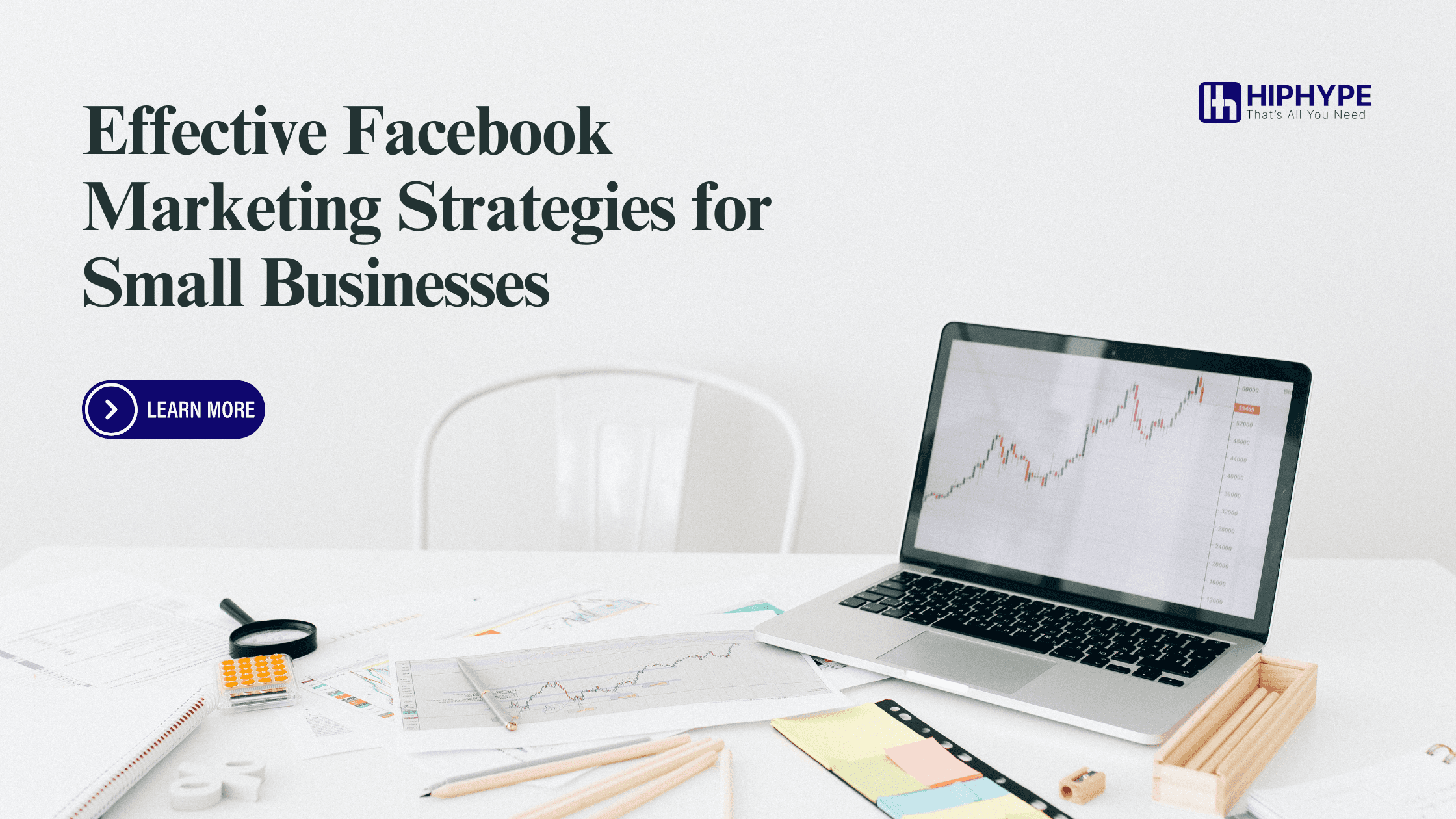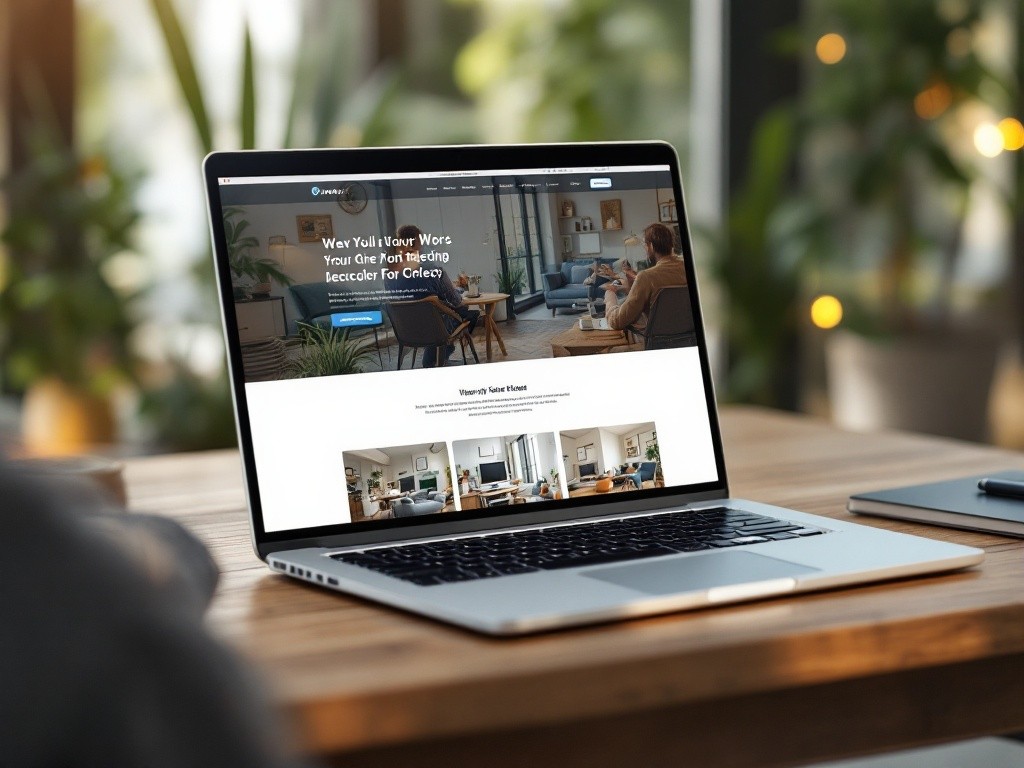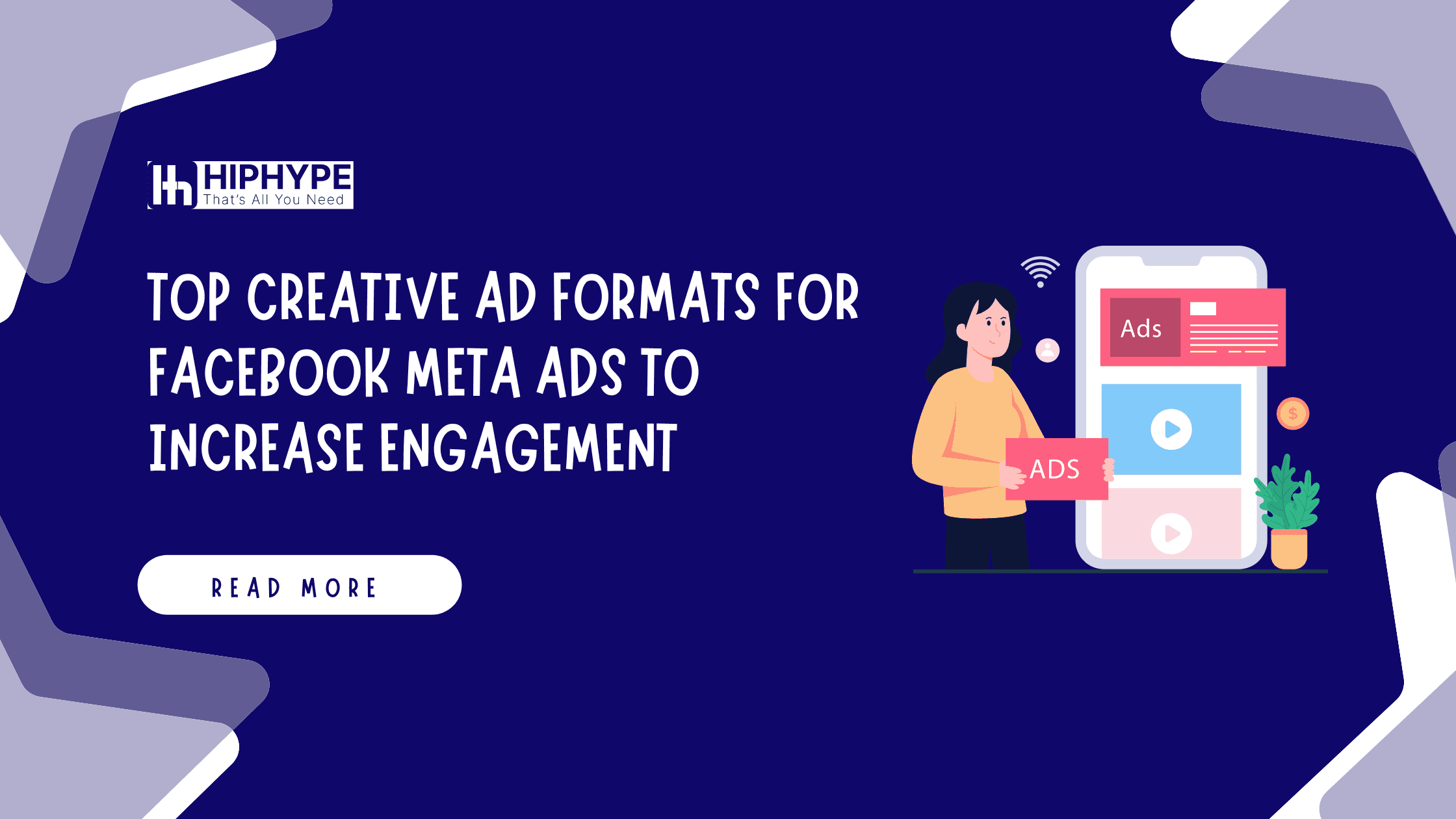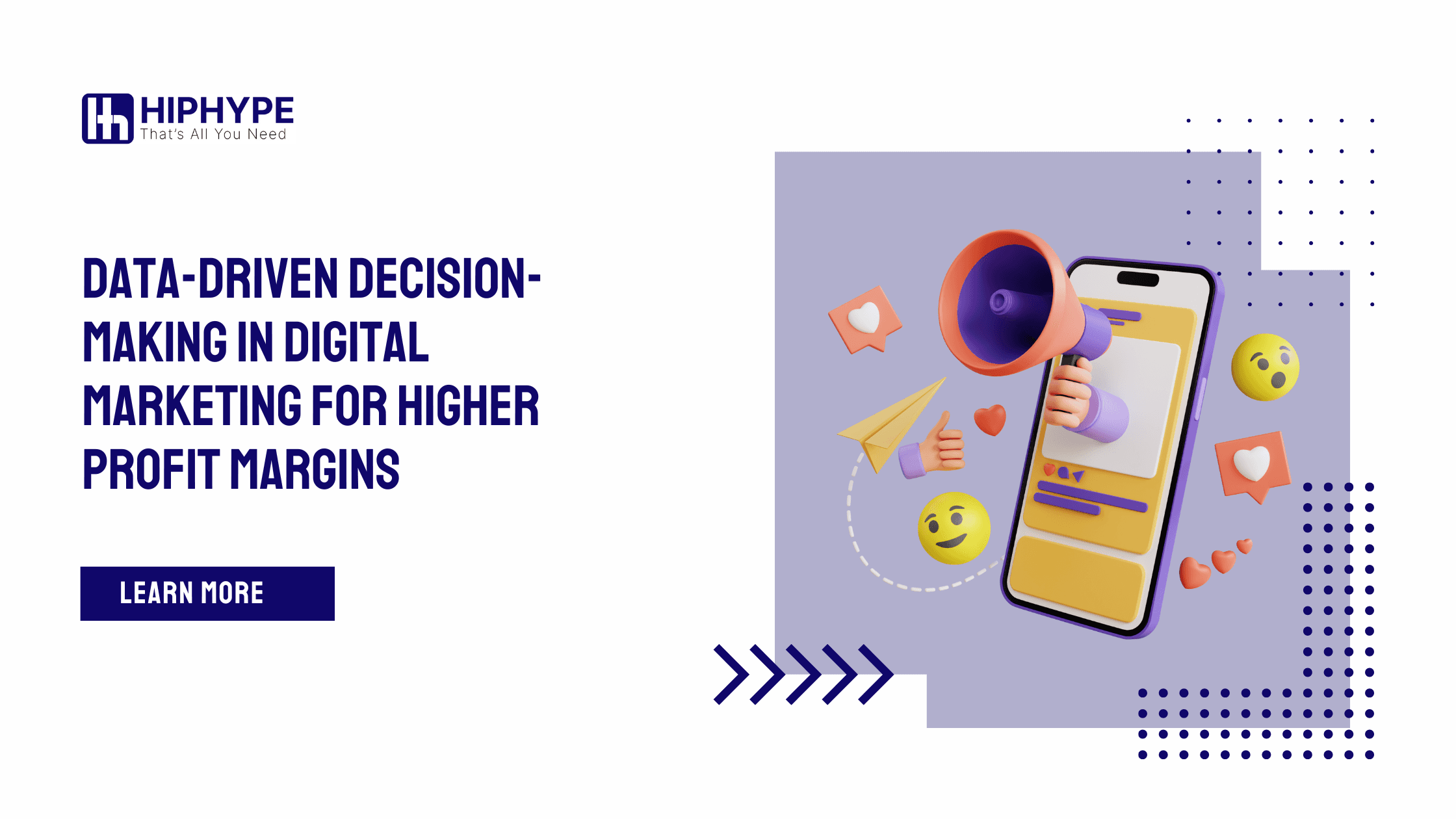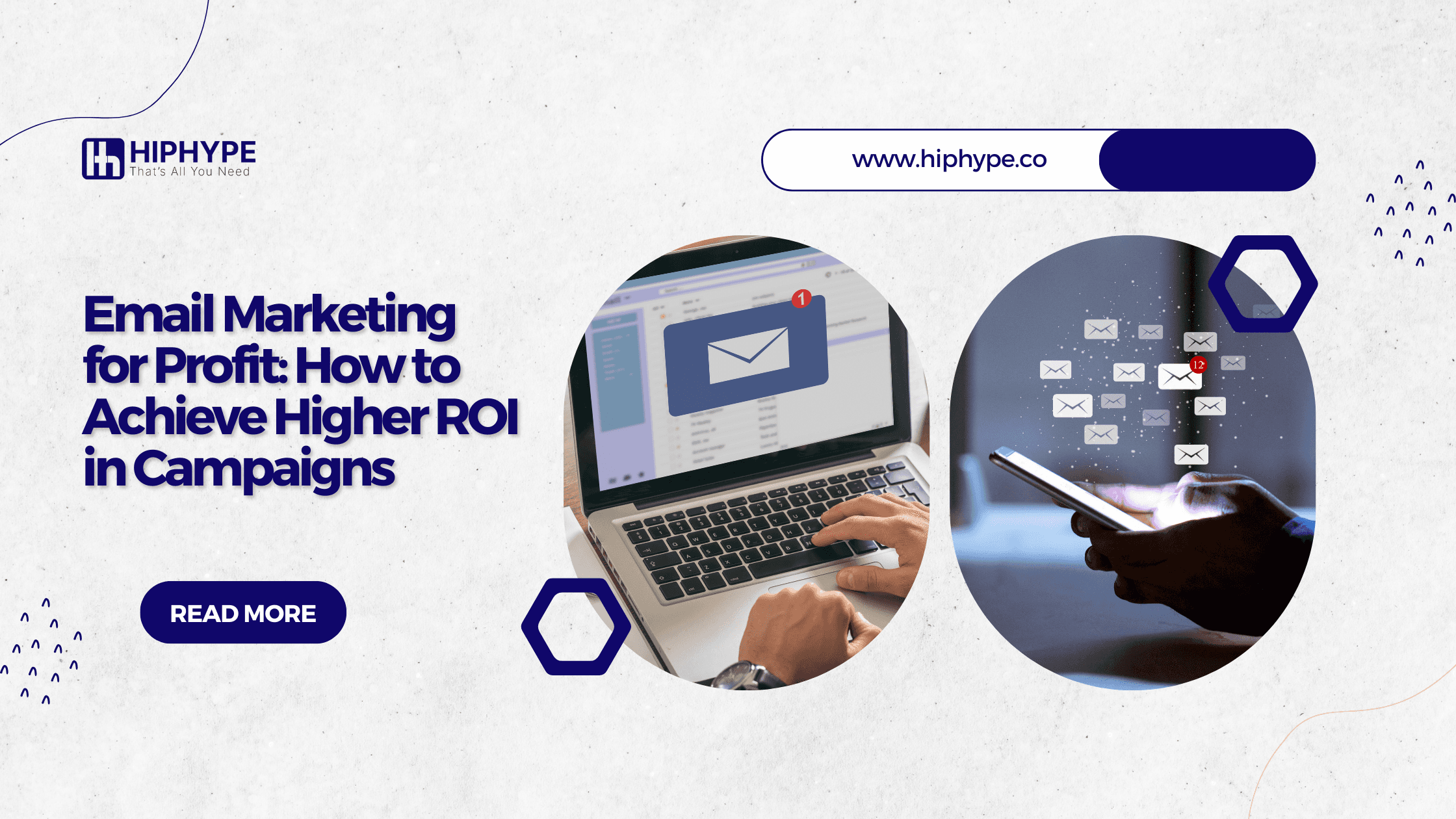Effective Facebook Marketing Strategies for Small Businesses
Learn effective Facebook marketing strategies for small businesses to engage with customers, grow your online presence, and boost sales with proven techniques.
In today’s digital landscape, Facebook continues to be one of the most effective platforms for small businesses to reach their target audience, promote their products, and build a loyal customer base. With over 2.9 billion active users, Facebook offers businesses the opportunity to engage with potential customers, drive sales, and establish brand identity. However, leveraging Facebook effectively requires a well-planned social media marketing strategy that aligns with business goals.
This comprehensive guide will explore effective Facebook marketing strategies for small businesses to help you boost your online presence, enhance engagement, and drive growth.
Create a Professional Facebook Business Page
A Facebook Business Page is the foundation of your marketing efforts on the platform. A well-optimized page can help customers find your business, learn about your offerings, and connect with you.
Key Steps to Creating a Professional Page:
Choose the Right Name and Handle: Ensure your business page name and handle are consistent with your branding. This helps users easily find and recognize your page.
Add a High-Quality Profile Picture and Cover Image: Your profile picture, often a logo, should be clear and recognizable. The cover photo should reflect your brand, products, or services.
Complete Your About Section: Provide essential information about your business, including location, hours of operation, contact details, and a brief description of what you offer.
Call-to-Action (CTA) Button: Add a CTA button to your page, such as “Shop Now,” “Contact Us,” or “Learn More,” to guide users towards specific actions.
Develop a Content Strategy
Content is at the core of your Facebook marketing efforts. A well-thought-out content strategy ensures that your posts resonate with your audience and encourage engagement.
Tips for Developing a Content Strategy:
Mix Content Types: Use a combination of images, videos, text posts, and links to keep your audience engaged. Video content, in particular, tends to perform well on Facebook.
Educational and Entertaining Posts: Balance promotional content with posts that educate or entertain your audience. Share industry tips, how-to guides, or behind-the-scenes glimpses of your business.
User-Generated Content: Encourage your followers to share their experiences with your products or services. Reposting user-generated content builds trust and fosters a sense of community.
Post Consistently: Create a content calendar to ensure regular posting. Consistency helps you stay top-of-mind with your audience.
Use Facebook Stories: Stories are a great way to share time-sensitive content and engage users who prefer quick, digestible content.
Leverage Facebook Ads
Facebook Ads provide small businesses with the ability to reach a highly targeted audience based on demographics, interests, and behaviors. With a relatively small budget, businesses can generate significant returns on investment.
Types of Facebook Ads to Consider:
Image and Video Ads: Use visually compelling images or short videos to showcase your products or services.
Carousel Ads: Showcase multiple products in a single ad, allowing users to swipe through and view different offerings.
Lead Generation Ads: Use these ads to collect contact information from potential customers, such as email addresses, without them leaving Facebook.
Retargeting Ads: Re-engage users who have previously visited your website but didn’t complete a purchase by showing them targeted ads.
Best Practices for Running Facebook Ads:
Define Your Audience: Use Facebook’s Audience Insights tool to identify your target audience based on factors such as age, location, and interests.
Set Clear Objectives: Define what you want to achieve with each ad campaign, such as driving traffic to your website, increasing sales, or generating leads.
A/B Testing: Test different ad variations to see which performs best. Experiment with headlines, images, and CTAs to optimize your campaigns.
Monitor and Adjust: Regularly track the performance of your ads using Facebook’s Ad Manager. Adjust targeting, budget, or creatives based on the data.
Engage with Your Audience
One of the advantages of Facebook for small businesses is the ability to engage with customers directly. Building relationships with your audience fosters loyalty and encourages repeat business.
Ways to Engage with Your Audience:
Respond to Comments and Messages: Engage with users who comment on your posts or send you messages. Timely responses show that you value their input and are attentive to their needs.
Run Polls and Q&A Sessions: Use interactive features like polls or live Q&A sessions to encourage participation from your followers.
Create Facebook Events: If you’re hosting an event, whether in person or online, use Facebook Events to promote it and engage with attendees before and after the event.
Utilize Facebook Insights
Facebook provides robust analytics through Facebook Insights, which helps small businesses measure the effectiveness of their marketing efforts and adjust strategies accordingly.
Key Metrics to Monitor:
Reach and Impressions: Track how many people are seeing your posts and how often they appear on users’ feeds.
Engagement Rate: Monitor the number of likes, comments, shares, and clicks your posts receive. High engagement rates indicate that your content resonates with your audience.
Page Likes and Follows: Keep an eye on the growth of your page’s followers over time. Increasing likes and follows signifies that your audience is expanding.
Website Traffic: Use Facebook Insights to track how much traffic your website receives from your Facebook posts and ads.
Run Facebook Contests and Giveaways
Running contests and giveaways is a great way to increase engagement and attract new followers. By offering a prize, you encourage users to like, share, and comment on your posts, boosting your visibility.
Tips for Running Successful Contests:
Choose an Appealing Prize: The prize should be relevant to your business and something your target audience would value.
Set Clear Rules: Clearly define how users can enter the contest, what the prize is, and any terms and conditions.
Promote the Contest: Use a combination of organic posts and ads to promote your contest and reach a wider audience.
Collaborate with Influencers
Partnering with influencers is a popular strategy for small businesses looking to reach a broader audience. Influencers have established trust with their followers, and their endorsements can drive significant traffic and sales.
How to Collaborate with Influencers:
Find Relevant Influencers: Look for influencers in your industry who align with your brand values and target audience.
Reach Out Professionally: Approach influencers with a clear proposal outlining how a partnership could benefit both parties.
Offer Free Products or Payment: In exchange for promoting your brand, offer influencers free products or a payment based on their reach and engagement rates.
Optimize for Mobile Users
A significant portion of Facebook users access the platform via mobile devices. Ensuring your content and ads are optimized for mobile is crucial to success.
Mobile Optimization Tips:
Use Vertical or Square Images: These formats perform better on mobile devices as they take up more screen space.
Keep Text Short and Engaging: Mobile users tend to scroll quickly, so keep your text concise and to the point.
Ensure Fast Load Times: If you’re directing users to your website, make sure it loads quickly on mobile devices to prevent them from leaving before the page fully loads.
Use Facebook Groups
Facebook Groups allow businesses to create communities around their products, services, or industry topics. They are a great way to build engagement, foster discussions, and connect with like-minded individuals.
How to Use Facebook Groups:
Create a Group Around a Topic: Rather than focusing on your products, create a group around a broader topic that interests your target audience. For example, if you sell fitness products, create a group focused on fitness tips and motivation.
Encourage User Participation: Post regularly and encourage members to ask questions, share advice, and participate in discussions.
Moderate the Group: Actively moderate the group to ensure discussions stay on topic and that members follow the rules.
Promote Your Facebook Page Offline
Don’t forget to promote your Facebook page outside of the digital world. Offline promotion can drive more traffic to your page and help you reach new customers.
Ways to Promote Your Page Offline:
Include Your Facebook Handle on Business Cards and Flyers: Make it easy for customers to find you on Facebook by including your handle on all printed materials.
Display In-Store Promotions: If you have a physical location, display signs encouraging customers to follow you on Facebook for exclusive deals and updates.
Mention Facebook During Events: Whether hosting an event or attending a trade show, mention your Facebook page to attendees and encourage them to follow you.
Conclusion
Facebook offers small businesses a wealth of opportunities to connect with their target audience, increase brand visibility, and drive sales. By implementing the strategies outlined in this guide—ranging from creating engaging content to leveraging Facebook Ads—you can build a successful Facebook marketing campaign that enhances your online presence and fosters business growth. Remember, consistency, creativity, and regular engagement are key to maximizing the potential of Facebook for your small business.
